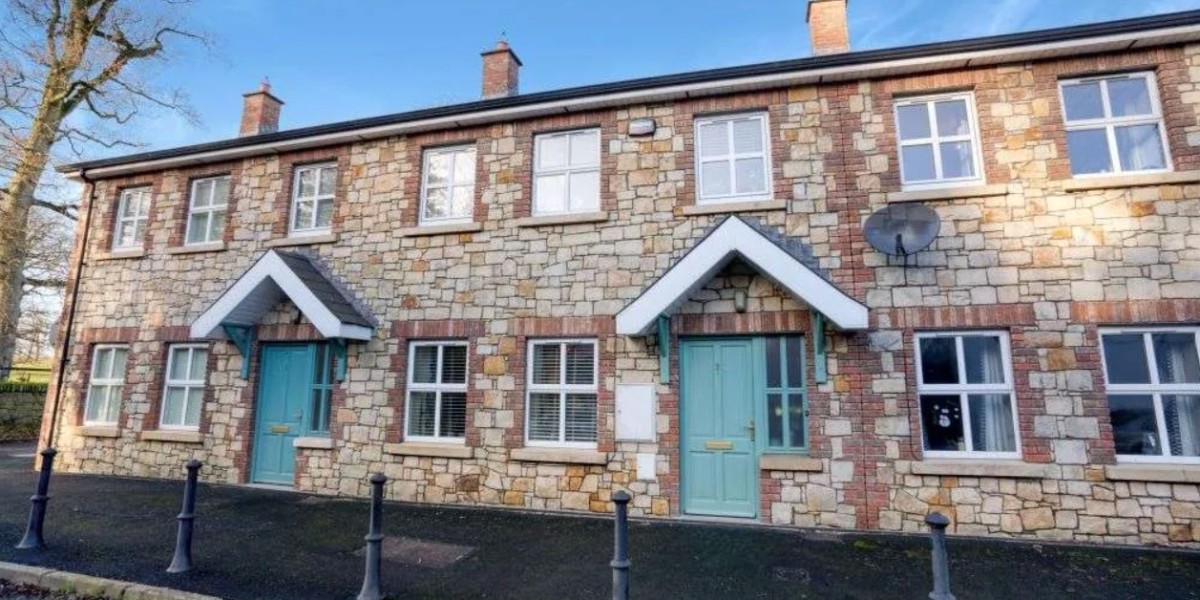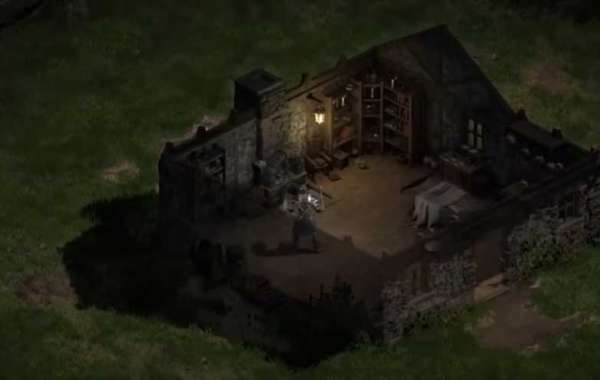Selling a house in Ireland can be a complex process, especially if it's your first time. Whether you’re upgrading, downsizing, or relocating, understanding the key steps and associated costs is essential for a smooth transaction. This guide will walk you through everything you need to know about selling a house in Ireland, from preparing your home to completing the sale.
Step 1: Decide Whether to Sell Your Home Yourself or Use an Estate Agent
When you decide to sell your property, one of the first decisions you need to make is whether to sell your house privately or use a professional estate agent.
Selling Privately: You can save on estate agent fees by selling your house directly, but this requires a strong understanding of the property market, negotiation skills, and the time to market your property effectively. You'll need to handle advertising, showings, and legal aspects on your own.
Using an Estate Agent: A professional estate agent brings market knowledge, negotiation expertise, and a wide network of potential buyers. They handle advertising, organize viewings, and manage the legal process, helping to ensure that the sale goes smoothly. Estate agent fees typically range from 1-2% of the sale price, which can be a worthwhile investment for peace of mind.
Step 2: Get Your Home Ready for Sale
First impressions matter, so it’s important to make sure your property is in the best possible condition. Here are some tips to help you prepare:
Declutter and Clean: A tidy home looks more spacious and inviting. Remove unnecessary items, clean thoroughly, and ensure all areas of the house are well-maintained. Pay special attention to high-traffic areas like the kitchen and bathrooms.
Repairs and Improvements: If your home needs minor repairs (e.g., a leaky faucet, damaged flooring, or chipped paint), it’s worth fixing them before listing. Small improvements such as repainting walls or replacing outdated fixtures can make a big difference in attracting buyers.
Staging: Consider staging your home by arranging furniture to create a welcoming and functional space. You don’t need to hire a professional stager; simple changes like moving furniture around or adding fresh flowers can make a big impact.
Step 3: Get a Property Valuation
Before listing your house, it’s essential to know its value. An accurate property valuation will help you set a realistic asking price, which is critical for attracting serious buyers. You can get a valuation from an estate agent or an independent surveyor.
When valuing your property, the agent or surveyor will consider factors like the property’s size, condition, location, and recent sales of similar properties in your area. Be realistic about the price you ask for—overpricing can deter potential buyers, while underpricing may leave you with less profit than you deserve.
Step 4: Market Your Property
Once your property is ready and valued, it’s time to put it on the market. If you’re using an estate agent, they will handle the marketing process for you. This typically includes:
- Online Listings: Most buyers search online first, so your property should be listed on popular property websites like Daft.ie and MyHome.ie.
- Professional Photography: High-quality photos can make your listing stand out. Estate agents often arrange for professional photography to showcase your home in the best light.
- Signage and Flyers: If you're selling privately, consider placing a "For Sale" sign outside your property and distributing flyers in the local area to attract attention.
Step 5: Host Viewings
Once your property is on the market, buyers will want to view it. Estate agents usually handle viewings, but if you’re selling privately, you’ll need to arrange these yourself. Here are some tips to make viewings go smoothly:
- Flexibility: Make your home available for viewings at various times, including evenings and weekends, to accommodate potential buyers.
- Prepare for Questions: Buyers will likely ask about the property’s history, local amenities, and any issues with the house, so be ready with detailed information.
Step 6: Negotiating Offers
Once you receive offers, you may need to negotiate. Consider each offer carefully and assess the buyer’s financial position. You may receive offers below your asking price, but don’t rush into accepting the first offer. Your estate agent can help guide you through this process, ensuring you get the best deal possible.
Step 7: Accepting an Offer and Legal Process
Once you’ve agreed on a price, you’ll need to accept the offer in writing. From this point, the legal process begins.
- Hire a Solicitor: A solicitor will handle the legal side of the sale, including the transfer of ownership, preparing contracts, and liaising with the buyer’s solicitor.
- Sale Agreement: The buyer’s solicitor will draw up a contract outlining the terms of the sale, including the agreed price, completion date, and any contingencies.
- Closing the Deal: On the agreed completion date, the buyer will pay the agreed price, and ownership of the property will transfer to them.
Step 8: Paying Taxes and Fees
When selling a house in Ireland, there are various costs and taxes involved:
- Capital Gains Tax (CGT): If you’re selling a property that isn’t your primary residence, you may be liable for CGT on any profit made. However, if the house is your principal private residence, it may be exempt from CGT.
- Estate Agent Fees: If you used an estate agent, you’ll need to pay their commission, typically 1-2% of the sale price.
- Legal Fees: Your solicitor will charge for their services, usually a fixed fee or an hourly rate.
Conclusion
Selling a house in Ireland involves several key steps, from preparing your home for sale to closing the deal. It’s important to set a realistic price, prepare the property for viewings, and choose whether to sell privately or use an estate agent. By following the process carefully and seeking professional advice when needed, you can ensure a successful sale and make the transition to your next home as smooth as possible.










